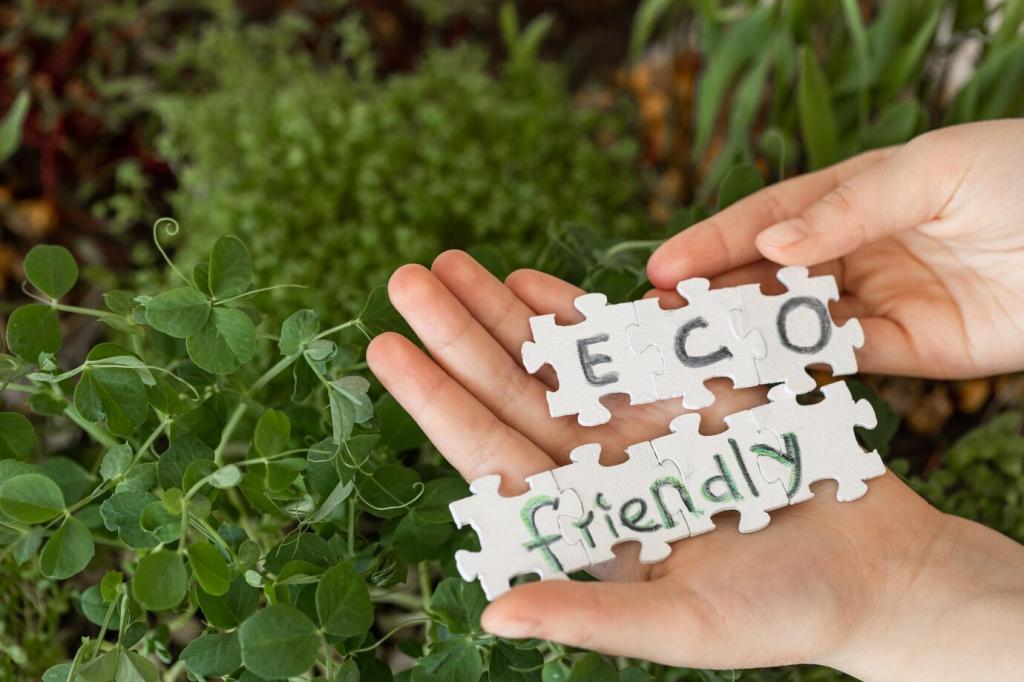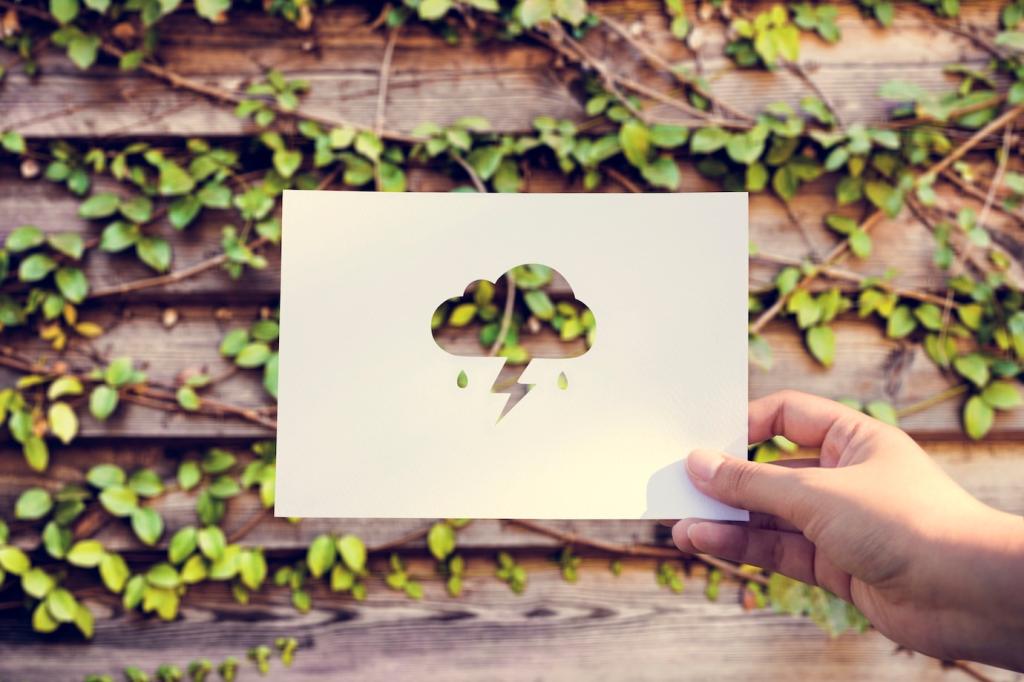Fresh, Safe, and Effective: Green Methods for Removing Stains from Furniture
Start Smart: The Green Stain-Removal Mindset
When a spill happens, reach for a clean, absorbent cloth and blot from the outside in. Rubbing forces pigments and oils deeper into fibers, making the problem worse. Blot patiently, switch to fresh cloth sections often, and you’ll prevent halo stains and fuzzy fabric damage.

Pantry Power: Vinegar, Baking Soda, and Friends
For fresh coffee or tea on washable upholstery, blot thoroughly, then apply a solution of one part white vinegar to four parts cool water with a tiny drop of castile soap. Blot again until the stain lightens. Finish by rinsing with plain water and air-drying completely.

Delicate Surfaces: Leather, Microfiber, and Wood

Blot spills quickly, then wipe with a soft cloth slightly dampened with distilled water and a few drops of gentle, fragrance-free castile soap. For oily marks, apply cornstarch, wait overnight, and brush away. Finish with a tiny amount of plant-based conditioner to keep leather supple.
Real Stories, Real Sofas
On a linen armchair, a full mug toppled during a lively book chat. Blotting came first, then vinegar-water with a whisper of soap. After patient dabbing and a cool-water rinse, the stain vanished. The host laughed, shared the method, and gained three new subscribers that afternoon.


Real Stories, Real Sofas
A pen leaked on a cotton-blend cushion. The fix began with blotting, then dabbing with a citrus-peel infusion diluted in water, followed by a mild castile-soap rinse. The mark lifted gradually over two rounds. A toddler-safe, fume-free win worth celebrating with a photo and comment.
Neutralize Odors Naturally
For pet accidents on W or WS upholstery, blot thoroughly, then apply a plant-based enzyme cleaner per label directions. If unavailable, use diluted vinegar to neutralize odor, then sprinkle baking soda and vacuum when dry. Finish with fresh air and sunlight, avoiding direct, prolonged UV on colors.
Crayon and Marker Moments
Lift waxy crayon from sealed wood by gently warming with a hairdryer on low and wiping with a soft cloth. For washable upholstery, dab a mild castile-soap solution. Avoid harsh solvents. Turn mishaps into teachable moments and invite children to help with safe, supervised cleanup.
Sticky Spills and Chewy Surprises
For gum or candy on fabric, firm up the mess with an ice pack, then lift gently with a dull knife. On residue, apply a tiny amount of diluted citrus-based cleaner and blot. Patience protects fibers, and your couch will thank you with years of comfy movie nights.
Prevention the Green Way
Fabric Guards Without Fluorocarbons
Seek water-based, fluorocarbon-free protectors with trusted eco certifications. Apply lightly and evenly on clean, dry fabric, following ventilation guidance. Reapply as recommended. Always spot-test first to ensure colorfastness. If you’ve tried a great green protector, share your experience to help readers choose wisely.
Daily Habits That Save Your Sofa
Use coasters and trays, remove shoes, and vacuum upholstery weekly with a soft brush. Rotate and flip cushions to spread wear. Keep a blotting kit close: cloths, distilled water, vinegar, and cornstarch. These tiny rituals prevent big stains and keep cleaning sessions simple and swift.
Sunlight and Fresh Air, Applied Carefully
Sun helps deodorize, but prolonged exposure fades dyes and dries leather. Air rooms regularly, and air cushions in indirect light on their reverse side. A gentle balance between freshness and fabric care keeps colors lively without risking brittle fibers or uneven fading patterns.


Build Your Green Cleaning Kit
White vinegar, baking soda, cornstarch, mild castile soap, salt, club soda, distilled water, lemon, and plant-based enzyme cleaner cover most stains. Optional for light fabrics: 3% hydrogen peroxide. Store sealed, out of sunlight. Never mix vinegar with peroxide; keep them in separate, labeled bottles.
Build Your Green Cleaning Kit
Gather microfiber cloths, soft brushes, a dull scraper, a handheld vacuum with upholstery attachment, glass spray bottles, and measuring spoons. Add masking tape for labels and a small timer to avoid over-soaking. Good tools reduce friction and guesswork, keeping fabric fibers calm and intact.
